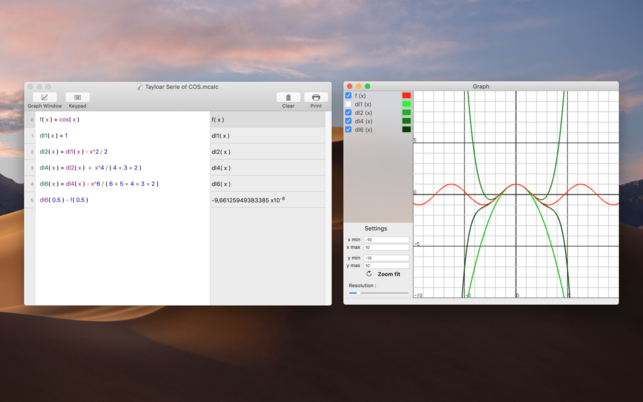

“An appraisal falling below the contracted sale price may allow a buyer to renegotiate with a seller, but it could also mean families might miss out on the full wealth-building benefits of homeownership or may be unable to get the financing needed to achieve the American Dream in the first place,” said Michael Bradley, senior vice president of modeling, econometrics, data science and analytics in Freddie Mac’s single-family division. In the current overheated housing market, where bidding wars are common and cash offers prevail, negotiating a price reduction in favor of the buyer is an unlikely scenario. In normal times, that poses a problem for homebuyers with less savings on hand, or access to family wealth to help pay a larger down payment. But when homebuyers face a gap between the amount they are willing to pay for a house and its appraised value, they often must weigh paying the difference out of pocket. When a home appraises below the contracted sale price, it gives the buyer an opportunity to negotiate a lower price.

In tracts that were more than 80% Black or Latino, that proportion grew even larger. In Black census tracts, 13% of home appraisals failed to reach the contracted sales price. The share of homes appraised below the sale price was greatest in Latino census tracts, where 15% of appraisals came in shy of what borrowers were wiling to pay. While only 7% of appraisals undershoot the contracted sale price in census tracts where at least half the population is white, that percentage is much higher in minority tracts. The research examined appraisals for home purchases the government sponsored enterprise received from 2015 through the end of 2020. Appraisals in Black and Latino neighborhoods are more likely to fall short of the contracted sale price, a Freddie Mac study of 12 million appraisals found.


 0 kommentar(er)
0 kommentar(er)
